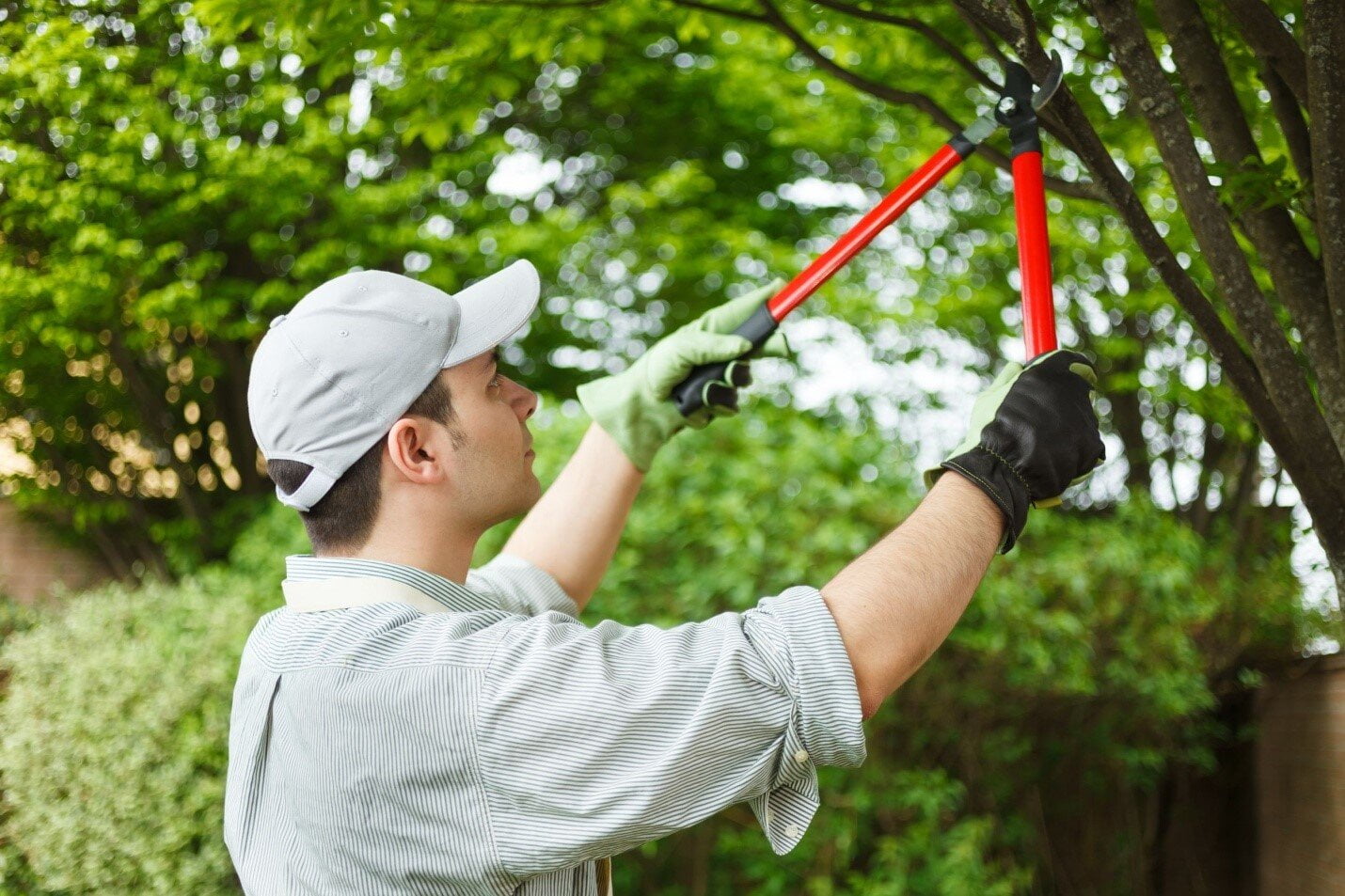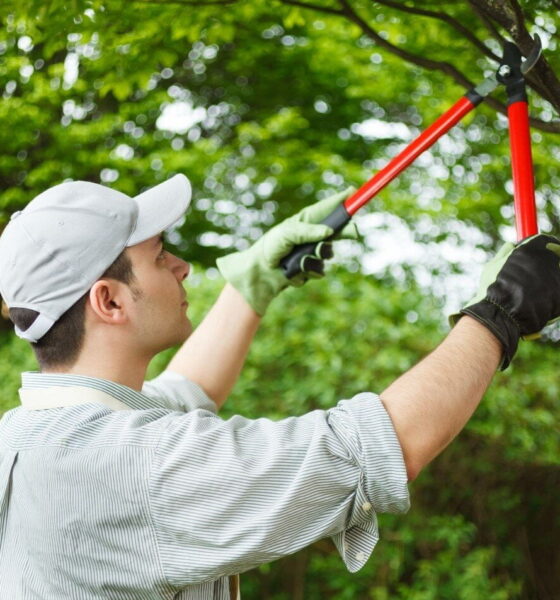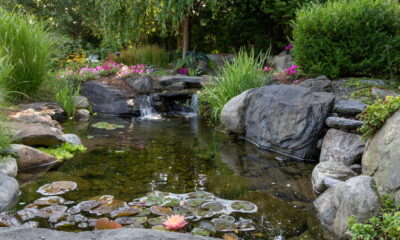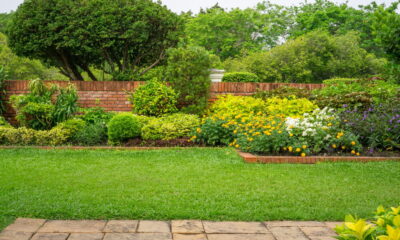

Environment
Natural Backyard Tree Maintenance Tips for Eco-Friendly Homeowners
Are you serious about making your property more sustainable? One of the best ways to accomplish this is by planting more vegetation around your home, including trees. Unfortunately, planting new trees is going to do much good if they aren’t properly maintained.
Sustainable homeowners that want to plant more trees should know how to take care of them. This is key to having a trulu eco-friendly property.
The Growing Interest in Trees for Eco-Friendly Homeowners
According to market research company Scarborough, 49% of homeowners in America spent time gardening last year. 25% of them preferred to use green, eco-friendly ways to help their plants and trees grow – they also said that they would pay more for gardening products that didn’t harm the environment.
When it comes to looking after your trees, there are plenty of ways that you can help them to thrive without needing harmful chemicals and pesticides. It takes a seasonal approach to gardening and an understanding of what a tree needs to grow in the climate where you live.
Eliminating pests
Although there are many insects that live in symbiosis with trees, there are some species that can be devastating. They will nest in trees, making holes in the trunk and branches, living off the sap, ultimately killing the tree.
The carpenter ant can be particularly harmful to trees, so it is important to eliminate any carpenter ants in trees as soon as you find there is an infestation. You don’t need to use harmful pesticides, however, to successfully get rid of pests. There are some very effective herbal pesticides on the market. Pepper spray is another good option as is a solution made from natural soap and water.
Tree root protection
Protecting your trees over the winter months is very important, especially if they are young. Good tree protection actually starts with the part of the tree that you can’t see – the roots. Strong roots equate to a healthy tree. Before the cold weather comes, place a thick mulch around the base area of your trees. This should be spread with a diameter of at least a meter, as the roots of a tree spread outwards further than you may think. The mulch will help preserve moisture and provide nutrients. You should make sure that any exposed roots are covered. For an extra layer of protection, you can place a hessian or burlap sheet over the roots and affix this to the ground using tent pegs.
Looking after young trees
Generally, a hardy, established tree will be fine over the winter months, but young trees – certainly those under 5 years old – will benefit from a little extra help. You can buy tree wraps that are lightweight but protective that fit around the branches of younger trees. Alternatively wrapping the branches in a breathable fabric like cotton or hessian will help to protect them from harsh winds during the winter months.
The Season for Pruning
Don’t be tempted to prune your trees to their optimal shape in the spring or summer months. If trees are cut at this time of year they can bleed sap, ultimately causing damage. It is particularly important that you don’t prune deciduous trees in the summer months. Evergreen trees generally don’t need pruning, unless it is for growth management. If you need to remove any diseased or dead branches, however, wait until the late summer.
Feeding your trees
Generally, it is best not to feed your trees in spring. This will encourage the roots to spread outwards and grow in search for the nutrients and moisture they need. If you live in an area with poor or infertile soil, however, your trees may benefit from feeding once a year with a natural, general-purpose feed. This should be spread over the entire root system. You can also use an easy homemade nitrogen-rich fertilizer. Simply put some nettles in a bucket of water and let them sit for a couple of weeks. This can be poured into the soil around the tree in the spring and summer months.
Regular watering
Newly planted trees in your backyard will need watering during dry seasons – this is especially important if you live in a warm climate. They will generally need around 50 liters of water every week. Well established trees generally shouldn’t need watering, unless you notice that the ground is dry and cracked around the root system.
Looking after the trees in your backyard will ensure that they are standing for more than a lifetime. These majestic trees will still be there, providing shade for generations to come.


 Environment12 months ago
Environment12 months agoAre Polymer Banknotes: an Eco-Friendly Trend or a Groundswell?

 Features11 months ago
Features11 months agoEco-Friendly Cryptocurrencies: Sustainable Investment Choices

 Features12 months ago
Features12 months agoEco-Friendly Crypto Traders Must Find the Right Exchange

 Energy11 months ago
Energy11 months agoThe Growing Role of Solar Panels in Ireland’s Energy Future





























